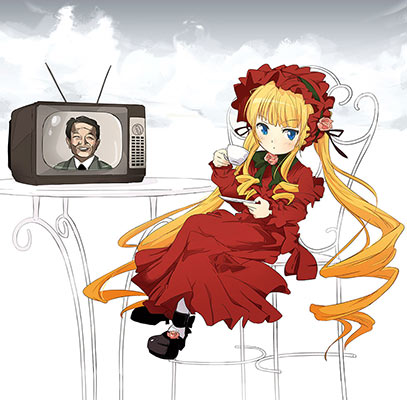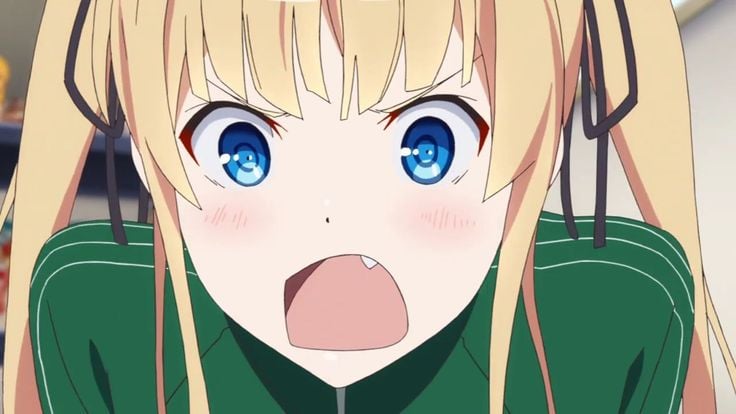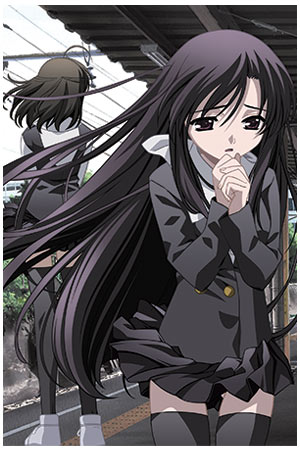The U.S. presidential election is going strong, with candidates trading barbs in the news media about their various policies. Elections in Japan are much different than in the U.S., and I thought I’d talk about them today. First of all, Japan is organized around a British-style Parliamentary system, so people vote for the representative of their chosen party, with the Prime Minister being chosen by whatever party wins a majority. Just as companies aren’t allowed to make direct comparison to other products in advertising, it’s rare that Candidate A would specifically tell you why he was better than Candidate B, and few of the really negative aspects of U.S. elections are seen in Japan. In the U.S., an advantage is given to whichever party is best able to use new technology to get their message out, but in Japan candidates are forbidden from using services like email, Facebook or Twitter…though I’d prefer these methods to the current “drive around in a loud-speaker car shouting your name outside Peter’s house” way. Another big difference between Japan and the U.S. is that religion of a candidate is never discussed, and is totally unknown except with politicians affiliated with the New Komeito Party, which was founded by the Sokka Gakkai, a young “evangelical” Buddhist religion founded in 1930. I wondered whether this policy extended to the U.S. election and sure enough, none of the Japanese staff of J-List had heard that Mitt Romney was a Mormon, and that this was a rare event in U.S. political history.

The staff also did not know that Taro Aso, the anime-loving former PM, was Roman Catholic.















